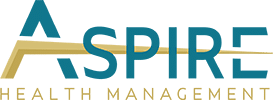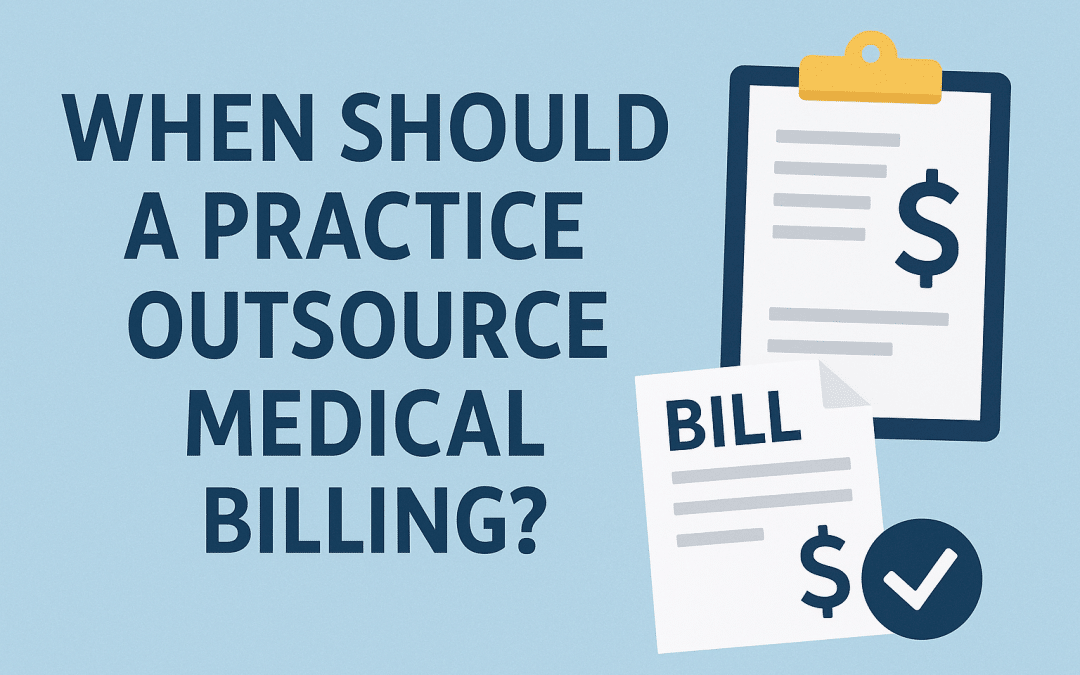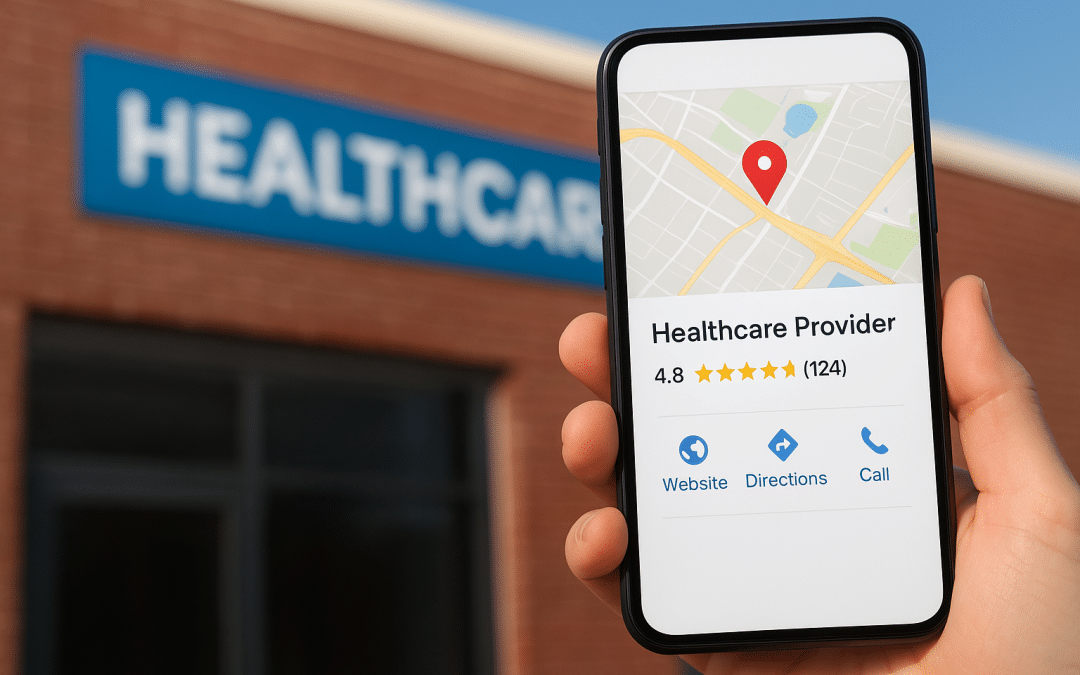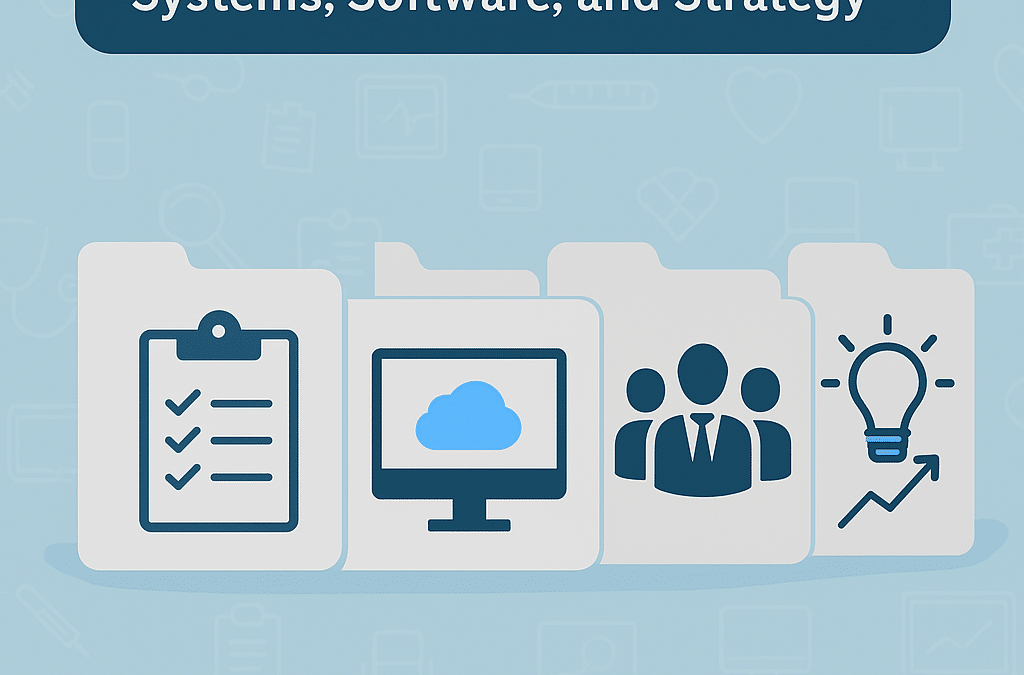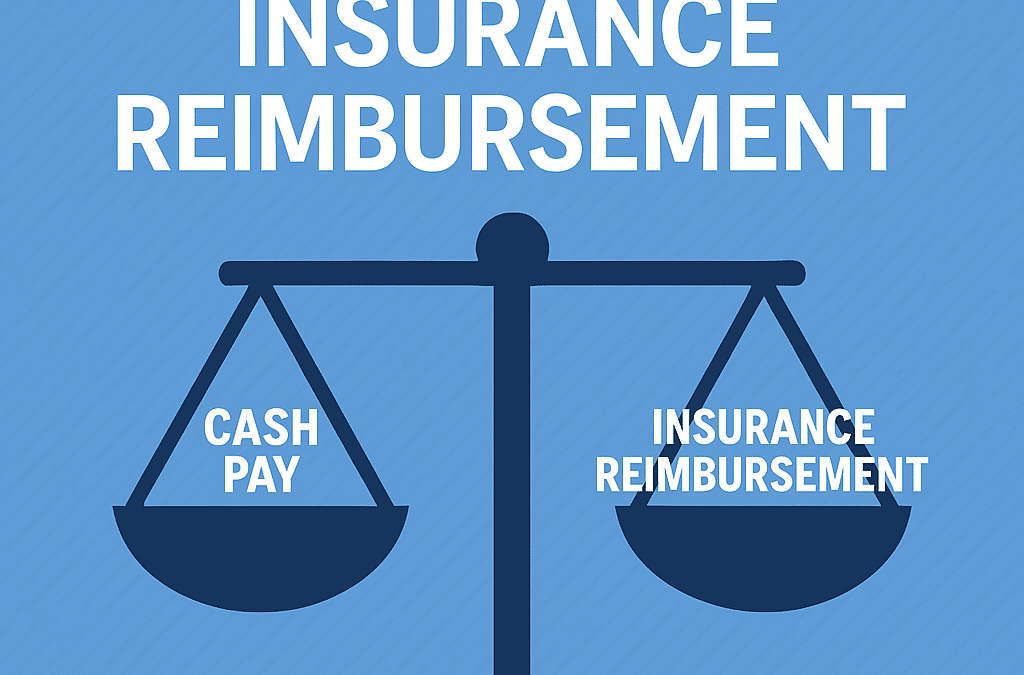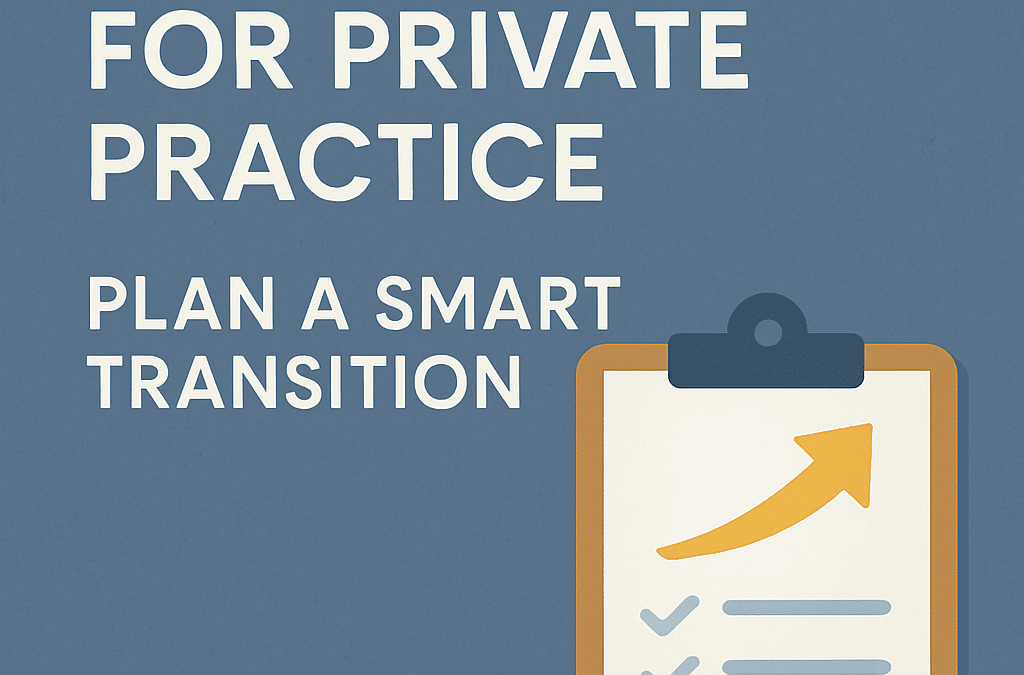Medical Billing Best Practices: How to Improve Your Healthcare Practice’s Revenue
Optimizing your medical billing process is essential for maximizing revenue and reducing claim denials. A streamlined billing workflow ensures faster payments, fewer errors, and improved cash flow for healthcare practices. While the the entire billing process is complicated we are here to help you explore medical billing best practices, from leveraging technology to outsourcing or auditing your billing services for maximum efficiency.
1. Implement a Robust Medical Billing System
A modern, automated billing system helps prevent common billing mistakes that lead to claim rejections and payment delays. Practices using outdated or manual billing processes struggle with inefficiencies, resulting in lost revenue.
Key Features to Look for in a Billing System:
Automated Claims Submission – Reduces manual errors and speeds up payments.
Real-Time Eligibility Verification – Confirms patient insurance details before services.
Error Detection Tools – Identifies incorrect coding or missing data before claim submission.
Analytics & Reporting – Helps track claim success rates and financial trends.
Investing in the right billing software ensures accuracy and efficiency, allowing your staff to focus on patient care instead of chasing payments. If you need help setting up your billing software we have experience in almost all of the major EHR and PM software.
2. Ensure Accurate Documentation and Coding
One of the top reasons for claim denials is incorrect or incomplete medical coding. Inaccurate coding leads to rejections, compliance issues, and revenue loss.
How to Improve Medical Billing Accuracy:
- Regular Training for Staff – Keep billing teams updated on CPT, ICD-10, and HCPCS codes to ensure compliance.
- Use AI-Powered Coding Tools – Many EHR systems now suggest the most accurate codes based on patient records.
- Conduct Routine Billing Audits – Review claims before submission to catch errors early.
By improving medical coding accuracy, your practice can increase claim approval rates and boost revenue.
3. Verify Patient Insurance Before Appointments
Insurance-related claim denials are one of the most preventable billing issues. If a patient’s coverage is expired or incorrect, it results in rejected claims and delayed payments.
Best Practices for Insurance Verification:
- Verify Insurance 24-48 Hours Before the Visit – Confirm coverage details before providing services.
- Check Deductibles and Co-Pays in Advance – Set clear expectations for patient responsibility.
- Use Automated Eligibility Checks – Many billing platforms offer instant insurance verification.
Taking these steps reduces claim rejections and improves patient satisfaction by preventing surprise bills.
4. Optimize Claims Submission and Follow-Up Processes
Submitting claims quickly and correctly ensures steady cash flow and fewer denials. A poorly managed submission process leads to unnecessary delays and revenue loss.
Strategies to Improve Medical Billing Efficiency:
- Submit Claims Daily or Weekly – Avoid backlogs by submitting claims on a set schedule.
- Monitor Claim Status in Real-Time – Use a billing dashboard to track payments and detect issues early.
- Reduce Errors Before Submission – Implement a pre-submission review to catch missing information.
Follow-Up Process for Unpaid Claims:
- Set Automated Payment Reminders – If a claim is unpaid after 30 days, initiate a follow-up.
- Appeal Denied Claims Quickly – Establish a system to review and resubmit denials within 48 hours.
- Analyze Rejection Trends – Identify common issues causing denials and fix them at the source.
With a structured claim submission and follow-up process, your practice can increase reimbursement rates and reduce revenue leakage.
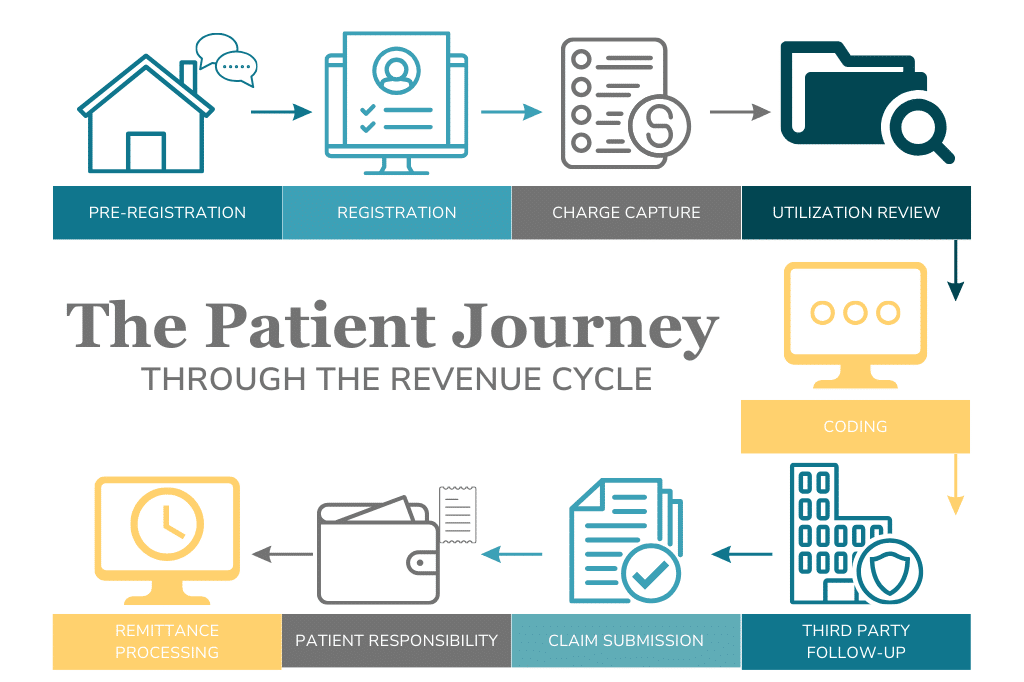
5. Improve Patient Payment Collections
As patient financial responsibility increases, collecting payments efficiently is more critical than ever. Many practices struggle with collecting balances, leading to significant revenue loss.
How to Improve Patient Payment Collections:
- Offer Multiple Payment Options – Accept credit cards, online payments, and payment plans for flexibility.
- Provide Upfront Cost Estimates – Transparency in pricing helps patients prepare for their expenses.
- Automate Payment Reminders – Use text or email reminders for upcoming or overdue bills.
- Enable Recurring Payments – Offer auto-pay for patients with ongoing treatment plans.
A smooth and patient-friendly billing experience helps ensure faster payments and better financial stability for your practice.
6. The Benefits of Outsourcing Medical Billing
Managing billing in-house can be complex, costly, and prone to errors. Many practices now outsource medical billing to specialized companies that handle everything from claims submission to follow-ups.
Why Outsource Your Medical Billing?
- Focus on Patient Care – Free up staff to prioritize patient interactions instead of administrative tasks.
- Faster & More Accurate Claims Processing – Professionals reduce errors and ensure claims are submitted on time, leading to higher reimbursement rates.
- Lower Administrative Costs – Save on staff salaries, training, and office space by outsourcing billing tasks.
- Improved Compliance & Industry Expertise – Outsourced billing providers stay updated on Medicare, Medicaid, and private insurance policies, reducing compliance risks.
- Better Revenue Cycle Management – With a dedicated follow-up team, outsourced billing services handle denials, appeals, and unpaid claims more efficiently.
If your practice struggles with billing inefficiencies, outsourcing can be a cost-effective way to increase revenue and reduce stress.
Final Thoughts
Optimizing your medical billing process is essential for increasing revenue, reducing claim denials, and improving efficiency. By implementing modern billing systems, improving documentation accuracy, verifying insurance in advance, streamlining claims processing, enhancing patient collections, and leveraging outsourced billing services, your practice can achieve long-term financial success.
Want to Improve Your Medical Billing?
Our team specializes in reducing claim denials, maximizing reimbursements, and streamlining billing processes for healthcare practices. Contact us today to see how we can help your practice thrive!
